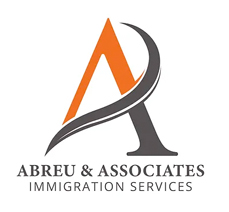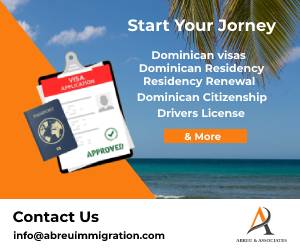Tips for Expats Driving in Jarabacoa
Summary: Driving in a new country can be daunting. These tips offer insight into what to expect when driving in Jarabacoa.
1. Understanding the Driving Culture
Driving in Jarabacoa, like many parts of the Dominican Republic, can be a bit chaotic compared to what you might be used to. Traffic rules are often ignored, and drivers can be aggressive. Be prepared for motorcycles and mopeds darting in and out of traffic, and don't be surprised if you see vehicles going the wrong way on one-way streets. Always drive defensively and stay alert.
2. Choosing the Right Vehicle
Given the condition of some roads in Jarabacoa, a vehicle with good ground clearance, like an SUV, is recommended. This is especially true if you plan on exploring the mountainous areas around the city. However, smaller cars are easier to maneuver in heavy traffic and to park in tight spaces.
3. Parking in Jarabacoa
Finding parking in Jarabacoa can be challenging, especially in the city center during peak hours. However, parking is generally not expensive. Some restaurants and businesses offer free parking for customers. Always make sure to park in a well-lit, secure area and never leave valuables in your car.
4. Driving with an International License
Foreigners can drive in the Dominican Republic with an international driver's license for up to 90 days. After that, you will need to obtain a local driver's license.
5. Obtaining a Local Driver's License
To get a Dominican driver's license, you will need to go to the General Directorate of Traffic Safety and Land Transportation (DIGESETT) with your passport, residence card, and a medical certificate stating that you are fit to drive. You will also need to pass a written test and a practical driving test. It's recommended to hire a local attorney or facilitator to help with the process, as it can be complicated and time-consuming.
6. Be Aware of Road Conditions
Road conditions in Jarabacoa can vary greatly. While the main roads are generally in good condition, secondary roads can be rough, especially after heavy rains. Always drive cautiously and be prepared for unexpected obstacles like potholes or fallen trees.
7. Be Prepared for Checkpoints
Police checkpoints are common in the Dominican Republic. Always carry your driver's license, vehicle registration, and insurance documents with you. Be polite and cooperative if you are stopped.

Abreu & Associates is a law firm practicing exclusively in the area of the Dominican Republic Immigration process and Nationality law. The firm serves as a trusted advisor in all practice areas of immigration law including Visa, Provisional Residency, Permanent Residency, Renewals, Investment Management, Dominican and American Citizenship, and Dominican Driver's License.
Click connect to have our partner contact you via e-mail and/or phone.

Abreu & Associates is a law firm practicing exclusively in the area of the Dominican Republic Immigration process and Nationality law. The firm serves as a trusted advisor in all practice areas of immigration law including Visa, Provisional Residency, Permanent Residency, Renewals, Investment Management, Dominican and American Citizenship, and Dominican Driver's License.
Click connect to have our partner contact you via e-mail and/or phone.
About the Author
 Betsy Burlingame is the Founder and President of Expat Exchange and is one of the Founders of Digital Nomad Exchange. She launched Expat Exchange in 1997 as her Master's thesis project at NYU. Prior to Expat Exchange, Betsy worked at AT&T in International
and Mass Market Marketing. She graduated from Ohio Wesleyan University
with a BA in International Business and German.
Betsy Burlingame is the Founder and President of Expat Exchange and is one of the Founders of Digital Nomad Exchange. She launched Expat Exchange in 1997 as her Master's thesis project at NYU. Prior to Expat Exchange, Betsy worked at AT&T in International
and Mass Market Marketing. She graduated from Ohio Wesleyan University
with a BA in International Business and German.
Some of Betsy's articles include 12 Best Places to Live in Portugal, 7 Best Places to Live in Panama and 12 Things to Know Before Moving to the Dominican Republic. Betsy loves to travel and spend time with her family. Connect with Betsy on LinkedIn.
Additional Information:




